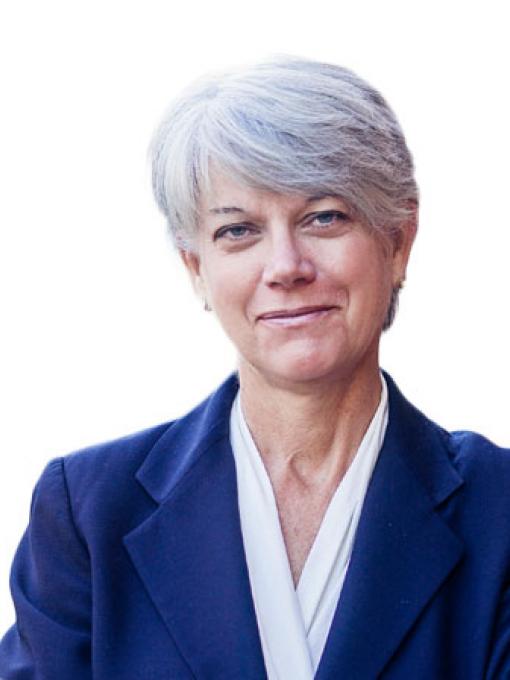Public frustration with Congress is widespread and growing—regardless of the political party in leadership. For our work at FCNL, sharper partisan divisions and slow movement on legislative priorities that are matters of faith are slowing progress towards equality and harming our democracy.
Sharper partisan divisions and slow movement on legislative priorities that are matters of faith are slowing progress towards equality and harming our democracy.
From the suppression of voting rights for Black voters and other people of color, to gerrymandering, to money in politics, to the denial of federal representation for millions of Americans living in the District of Columbia and Puerto Rico, to the possibility of passing meaningful police reform and gun violence prevention measures—progress on all of these issues and more is stalled by the historic filibuster in the Senate. By requiring 60 votes for these and many other bills, the filibuster is preventing our country from realizing the full expression of our democracy.
The requirement that any legislation must receive 60 votes to pass, rather than a simple majority, means that a minority of senators can block the passage of laws. That the minority party in the Senate –who represent a small population proportionally– can prevent action on bills that have overwhelming public support is a flaw that is strangling good governance in our country.
Yet, over the past decade, we have also seen that the filibuster has been used to protect the minority against tyranny by the majority. It has prevented some terrible policies from being enacted, such as the derailing of the Iran nuclear deal and imposing draconian budget cuts on critical federal programs.
Our congressional system was designed to be slow, to prevent sharp and sudden shifts in policy from one year to the next. In recent years however, the Senate has slowed the system to a halt and this paralysis is not good for governance. Over the past five decades, Congress has made exceptions to the filibuster, including the creation of budget reconciliation. This is a legislative vehicle which allowed for recent passage of the $1.9 trillion American Rescue Plan.
FCNL recognizes that changes are needed to the way Congress operates and our government fulfills its aspiration to be a true democracy.
The Senate should continue pressing for reforms that will allow movement on vital issues of our democracy, including reforms to the filibuster. They should require a return to the “talking filibuster,” where senators who wish to oppose legislation are actually forced to come to the floor and speak at length, rather than simply making a phone call to the majority or minority leader indicating their opposition. While this requirement would also create delays in the Senate’s ability to complete its work, it would reduce the likely use of the filibuster.
Other reforms to the filibuster rule have been proposed, and FCNL encourages the Senate to agree on rule and process changes that would allow speedier and more orderly consideration of legislation. But if this fails, then the Senate should keep open the option of eliminating the filibuster entirely, at least for certain types and categories of legislation.
FCNL recognizes that changes are needed to the way Congress operates and our government fulfills its aspiration to be a true democracy.

